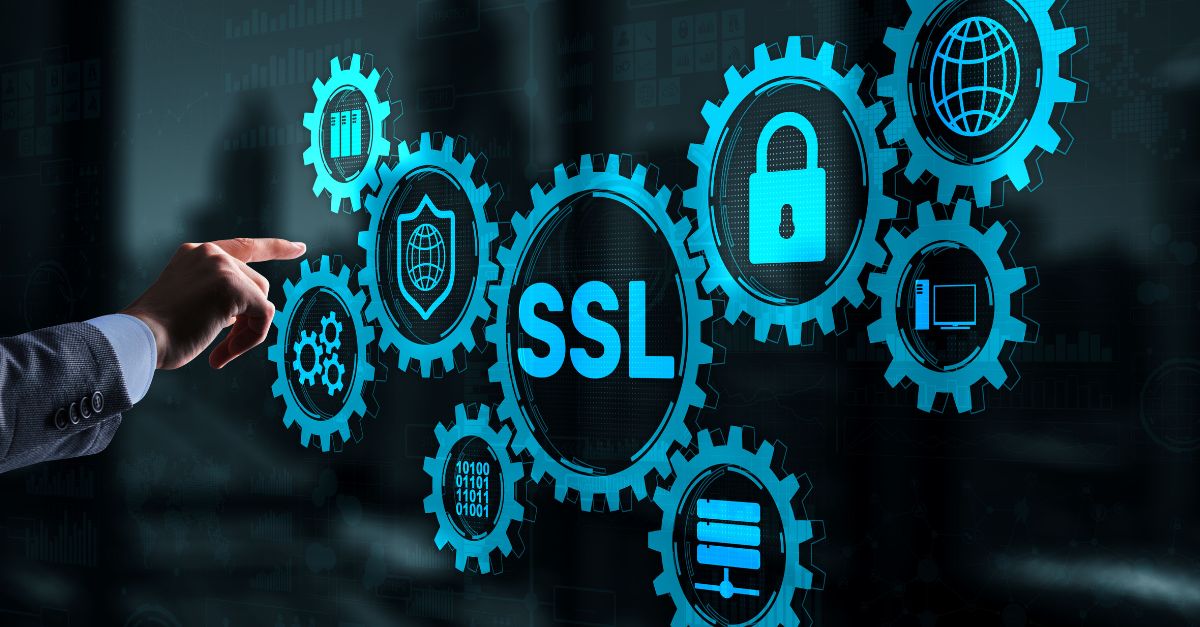As Kubernetes continues to dominate the world of container orchestration, ensuring the security of workloads running in these environments has become increasingly critical. One of the best practices to safeguard Kubernetes workloads is using TLS certificates for authentication, encryption, and identity management. TLS certificates, a fundamental part of Public Key Infrastructure (PKI), provide a robust mechanism to secure communication and access control within Kubernetes clusters.
The Importance of Security in Kubernetes
Kubernetes workloads often span multiple nodes, services, and environments, making them susceptible to potential threats. These workloads need secure, encrypted communication - especially when operating in a distributed system where applications, services, and infrastructure interact dynamically. The rise of microservices architectures has resulted in the need for mutual trust between services and systems in order to ensure security. TLS certificates are the key to ensuring that only authenticated services can communicate, and all communication is encrypted, safeguarding against unauthorized access.
What are TLS Certificates?
TLS certificates are digital certificates that use the TLS standard to define the structure of public-key certificates. They contain public keys, identities, and cryptographic signatures from trusted certificate authorities (CAs). In Kubernetes, these certificates establish trust between the cluster components (e.g., API server, etcd, kubelets) and the workloads deployed on the cluster, providing strong identity verification and encrypted communication.
How Kubernetes Uses TLS Certificates
Kubernetes natively uses TLS certificates for securing the communication between its internal components:
- API Server: The central component that communicates with the nodes and manages the cluster.
- Authentication: Users and Service Accounts require TLS certificates to authenticate with Kubernetes environments.
- Kubelets: The agents that run on each node, responsible for managing containers.
- Etcd: The key-value store for cluster data.
- Kube-proxy: A component that manages network communication between services.
When a new Kubernetes cluster is initialized, Kubernetes generates and uses self-signed TLS certificates for the above components, ensuring that communication between them is encrypted and authenticated via TLS. But to ensure the best standard of security, it’s recommended to use a third party trusted Private or Public CA.
Key Security Features Provided by TLS Certificates in Kubernetes
- Mutual TLS Authentication (mTLS): TLS certificates enable mutual authentication where both client and server verify each other’s identity using certificates. This ensures that only trusted components or workloads can communicate, reducing the risk of unauthorized entities gaining access.
- Encrypted Communication: All communication between Kubernetes components can be encrypted using TLS, with TLS certificates facilitating secure handshakes. This protects sensitive data as it moves between nodes, services, and the API server.
- Workload Identity and Authorization: TLS certificates provide strong identity management for workloads, allowing services to authenticate each other securely. Certificates tied to individual workloads ensure each service has its own identity, enabling fine-grained access control.
Automating TLS Certificate Management in Kubernetes
Managing certificates manually can be complex and prone to errors. To streamline the process, tools like cert-manager and HashiCorp Vault further simplify certificate management by automating the issuance, renewal, and revocation of TLS certificates. GlobalSign’s Integration with cert-manager and Hashicorp-Vault can help you in retrieving certificates from GlobalSign’s Digital Identity Platform, Atlas to secure your Kubernetes Workloads.
TLS certificates are a vital part of securing Kubernetes workloads, providing encryption and mutual authentication for internal communication and workload interactions. By automating the management of these certificates with tools like cert-manager and Vault, DevOps teams can ensure that their clusters and applications remain secure without significant manual overhead.
Secure your Kubernetes Environments using cert-manager integration for Kubernetes







